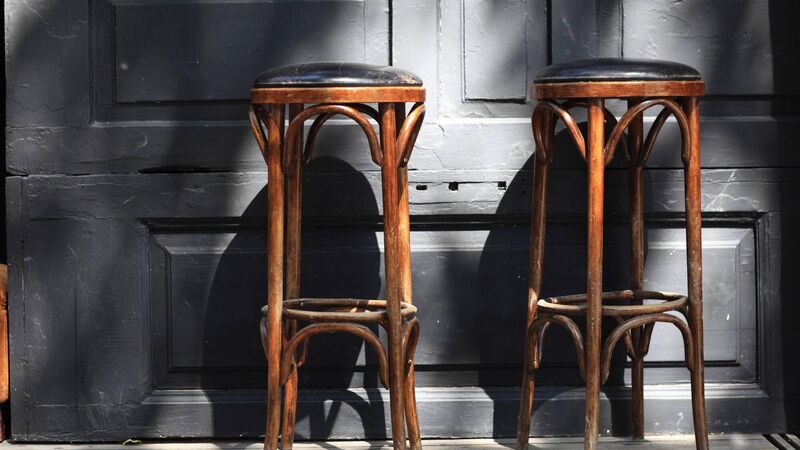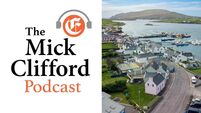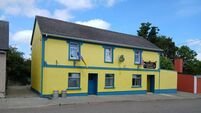Two pubs a week now closing in Ireland, one in three in Cork and Limerick gone since 2005

Some 50 pub premises are currently for sale across Cork city and county with one estate agent estimating that at least 10 would not be viable as a business going forward.
One in four Irish pubs have closed over the past two decades, or two premises a week now closing permanently, with the problem most acute across rural Ireland.
A stark new report from the drinks industry found that 2,119 pubs closed between 2005 and last year, with up to 1,000 more to shut over the next decade as the sector very faces a difficult environment of higher costs, economic uncertainty and changing consumer trends.














